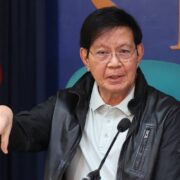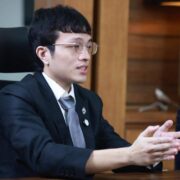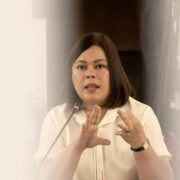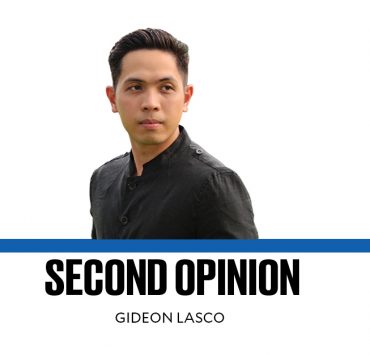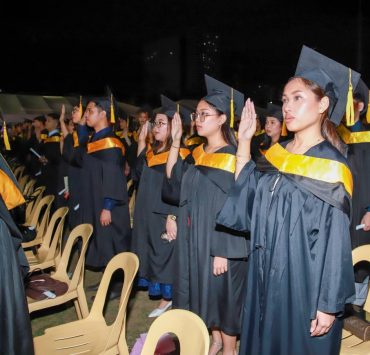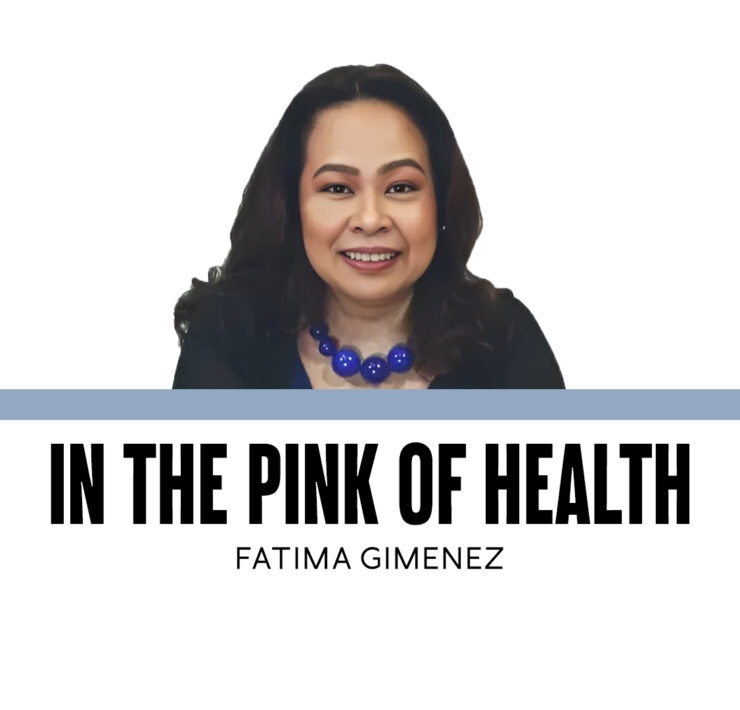Stand by me
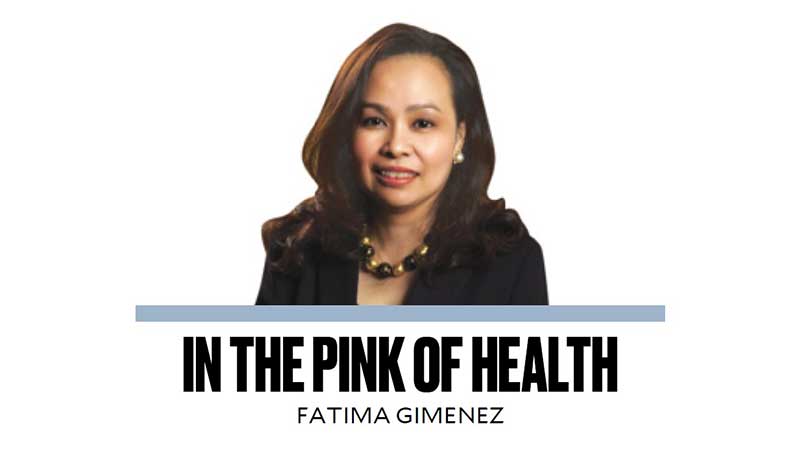
Morbidity and mortality audits during pediatric residency were highly tension-filled events. The chance of being grilled was always a possibility, most especially if one inadvertently played a part in a situation that resulted in giving less than the best patient care.
The “inquisition“ that usually followed would always leave a bitter aftertaste because, back then, we were too young to realize its value.
Through the years, most of us have realized that training not only affords one to acquire the necessary skills to translate knowledge into action and formulate the best plan to effect cure, and hopefully, healing, but also contributes greatly to character-building.
Being responsible enough to own up to one’s actions, the value of humility, and the importance of being a team player or taking on the role of the leader when the situation calls for it, were just a few of the very many lessons learned, courtesy of highly feared but respected teachers.
“Who was the senior who was on duty when this patient was seen?” This question had come from the chair of the department after our first-year resident failed to answer his queries.
Throwing a nervous and apprehensive gaze toward me, I mustered the courage to be her lifeline, told myself, “Bahala na si Batman,” a term people of my generation would be familiar with, and stood up.
We did come out of it a little bit bruised but breathing. The message that the consultant wanted to convey was unclear at that very moment but was better understood in the days that followed.
I should have been quick to come to her rescue as the designated captain of the ship, and it was my supreme responsibility to look after each and every member of the team.
For the course of action taken, all of us should have come better prepared to give a sound explanation for a judgment call and ready to accept the consequences of the decision made and most importantly, learn from it.
A few years after graduation, a co-resident invited all of us to her shower party. In such gatherings, talk would always inevitably lead to reminiscing about our past struggles as residents. This time around, tears fell as a result of laughing so hard.
Whoever said that ”what doesn’t kill you will make you stronger” was right. Thinking about how we survived individually and as a team, a big factor was the openness to adopt the right mindset and the right attitude. What helped was that we were together, working toward the same goal, investing time and effort for a choice made, to become pediatricians.
That reunion also served to celebrate an honest exchange of feelings, largely, of being grateful to one another for being present to lend that much-needed support and how as their seniors, we will always be remembered kindly for the times we unknowingly encouraged and stood up for them.
There was never a repeat or the opportunity to bond together since then, as most of us have gone in different directions in the course of building our clinical practice and nurturing professional growth.
But if ever such a time comes to rekindle emotional connections, it would also be interesting to hear how the life lessons we had learned from our mentors might have played or still play a role in how they are tutoring or coaching their students, younger colleagues and even how they are to their own children, or how it has changed their perspective in general.
They say that the most unforgettable teachers are the strict ones. I agree. We should always be thankful that they have come into our lives even briefly, or that they still exist. They give us the needed structure and discipline, keep us on our toes, and provide the needed push to help us explore and develop our potential.
While the rules that they have set in place may sometimes be viewed as rigid, it is always there for a reason and not manufactured on a whim.
In some ways, their influence is far-reaching, and, at times, we unconsciously live or re-echo their personal mantras.
Recently, a sibling in a telephone conversation, told me that she had given some hours to a former math and algebra teacher who had the reputation of being a student’s personal nightmare, and who had served the school for over 35 years. She had only stopped when she had a stroke two years ago.
Recovered but left with some residual physical limitations, she had reached out to the school administration for a chance to teach again. My voice visibly cracked and I had to pause to wrestle with emotions that were a mix of awe and a sense of gratefulness, that once more we, together with the students, would be the recipients of her selflessness.
timgim_67@yahoo.com


